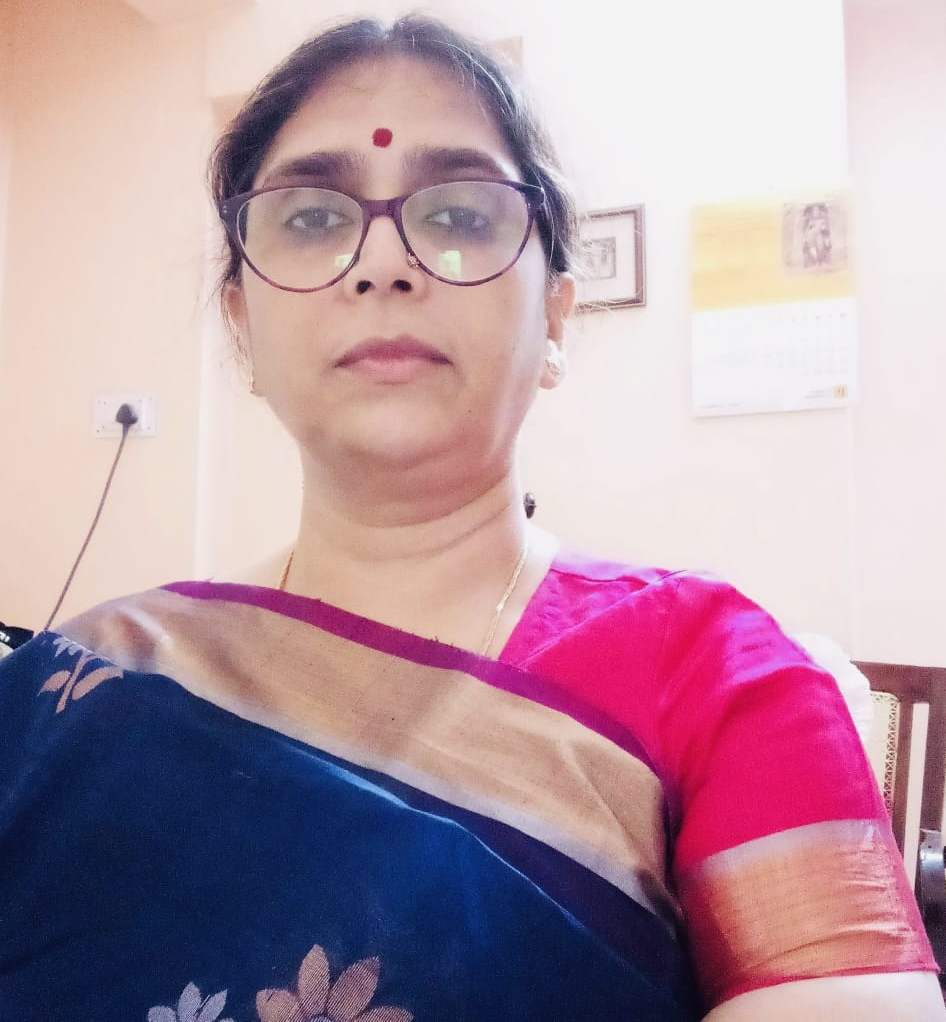|
Research @ EFLU
|

Department of Indian and World Literatures
School of Literary Studies
| 1) About the Cluster |
| This research cluster comprises enquiries and explorations into the pedagogy and praxis of English literary studies in India. The thrust area is literary pedagogy - textual canons, critical traditions, and theoretical frameworks. The motivation for this research stems from the crisis of not just English studies but the humanities in general due to the dominance of STEM education. In the Indian context, this crisis has a different trajectory as English has a strong presence in tertiary education (at least in terms of enrolment), due mainly to the market demand for English. Literary studies, however, is plagued by issues of cultural relevance and relatability: debates on why it is taught, what is taught, and how it is to be taught are increasingly challenging in today’s technologized learning environment. Research foci of the cluster 1. Alternative Critical Discourses:
2. Canonical Reconfiguration: Identifying (for translation into English where necessary) literary texts from the Indian languages to supplement (from a comparative perspective) the Anglo-American canon and provide culturally non-alienating pathways to the study and appreciation of literature. 3. Digital Passages: Developing multi-modal approaches (appropriate for inter-semiotic Indian traditions) to the study of literature, thereby reducing text and information-heavy pedagogies. The current, pilot project under this cluster explores English literary studies in open/distance learning (ODL), where the problematics of literary pedagogy are often entrenched. However, the greater heterogeneity of learners in ODL and its ineluctable digital transformation offer rich scope for the explorations envisaged under the cluster. |
| 2) Project Brief |
| The current project under the research cluster envisages an exploration and re-orientation of canonical, theoretical and pedagogic frameworks in English literary studies in India, in its operation through the distance mode. Distance-mode programmes in dual-mode universities tend to entrench and fossilize the problematics of literary studies and can therefore serve as fertile testing ground for study and exploration. Distance education is by nature an additional or alternative mode of learning for those outside the conventional system, and therefore well suited for exploring and framing alternative critical-pedagogical approaches. Examining ways of incorporating learner heterogeneity, imperative for distance education, can provide useful insights for face-to-face education which is also grappling with the question of cultural relatability. Research on the ‘distant’ learner in open/distance learning and technologies of bridging this distance now centres on digital technologies, which is just as relevant to the face-to-face mode. |
| 3) Composition |
| PI: Dr K. Lavanya, Dept of Literatures in English, School of Distance Education, The EFL University Advisory Members:
|
| 4) Schedules |
| Year I: 1. Acquisition of Resources: relevant literature, consultations with domain experts, syllabi of different universities; distance- learner profiles and needs-analyses 2. Conference/Seminar: - English Literary Studies: Pedagogy & Syllabi - Conceptualizing The Literary Across Cultures -------------------------------------------------------------------------------------------------------- Year II: 1. Review of resources and findings 2. Conference/Seminar: Indian Literary/Critical Traditions Year III 1. Consolidation of findings 2. Syllabus Re-orientation: Workshop 3. Translation Workshop Year IV: 1. Material Development: Self-Learning Materials, Translations of Indian literary texts 2. Workshop for writers --------------------------------------------------------------------------------------------------------- Year V: Digital Project (work in progress from Year I) |
| 5) Deliverables |
|
| 6) Project Impact Initiatives |
